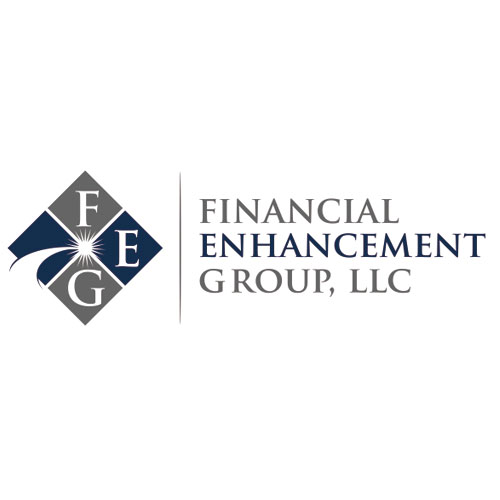[vc_row][vc_column width=”1/4″ offset=”vc_hidden-xs”][vc_widget_sidebar sidebar_id=”sidebar-main”][/vc_column][vc_column width=”3/4″][vc_column_text]
Employers typically offer two primary retirement account options – a “defined contribution” plan and a “defined benefit” plan. Defined contribution accounts permit the employee to designate a percentage of their income to be withheld from each paycheck and placed into an account for their retirement. Generally, the employer also contributes a percentage of the employee’s income into the plan (who doesn’t love “free money?). While taking advantage of employer-sponsored retirement planning is wise, many questions remain. How much will be in the account upon retirement and what kind of revenue stream will it provide?
The other type of retirement plan is the “defined benefit” plan. In this situation, the employer has only an idea of what they may provide upon an employee’s retirement, based on their years of service, age and income. While the company faces numerous “unknowns” based on model assumptions, the employee has a good idea of their retirement income! Of course, the company must make good on their promises.
The number of defined benefit plans has dramatically declined as 401k plans (the best known defined contribution plan) have taken the lead. Defined benefit plans present greater uncertainty for companies offering such plans. When will an employee retire and how long will they live after retirement? What will their income be? The question about how much an employer needs to contribute becomes a formula based on assumptions. As the “Bad News Bears” taught us, assumptions can be dangerous!
Defined contribution plans leaves less uncertainty for employers. Companies know precisely how much money they must contribute to an employee’s plan each year and investment results are off the employer’s plate. Instead, defined contribution plans move more of the “risk of the unknown” to the employees’ plate. This isn’t a condemnation of defined contribution plans, but simply a statement of fact. Many employees prefer to have their future in their own hands.
If you participate in a defined benefit plan, should you consider cashing out for a lump sum upon eligibility? The company plan has to consider your age today as well as the current investment and interest rate environment to determine how much money is needed in the plan to satisfy your actuarial benefit. The “actuarial” benefit is based not on your unique data, but everyone your age.
Many company plans offer employees the choice to take the “actuarial benefit” amount of cash and roll it into an IRA with no present taxation, or take a lump payment and pay the taxes. Some people choose the lump payout while others take the lifetime monthly benefit. Deciding what is right for you is tricky. A myriad of variables must be considered including your current state of health, how you will invest the money, your tax bracket and income needed today versus the future.
The decision to pick the pile of cash today or the income stream forever isn’t easy and shouldn’t be made lightly. Elections are not reversible and similar to Social Security, we see many sad and retirement-altering mistakes.
Disclaimer: Do not construe anything written in this post or this blog in its entirety as a recommendation, research, or an offer to buy or sell any securities. Everything in this post is meant for educational and entertainment purposes only. I or my affiliates may hold positions in securities mentioned in the blog. Please see my Disclosure page for full disclaimer.[/vc_column_text][/vc_column][/vc_row][vc_row][vc_column offset=”vc_hidden-lg vc_hidden-md vc_hidden-sm”][vc_widget_sidebar sidebar_id=”sidebar-main”][/vc_column][/vc_row]



